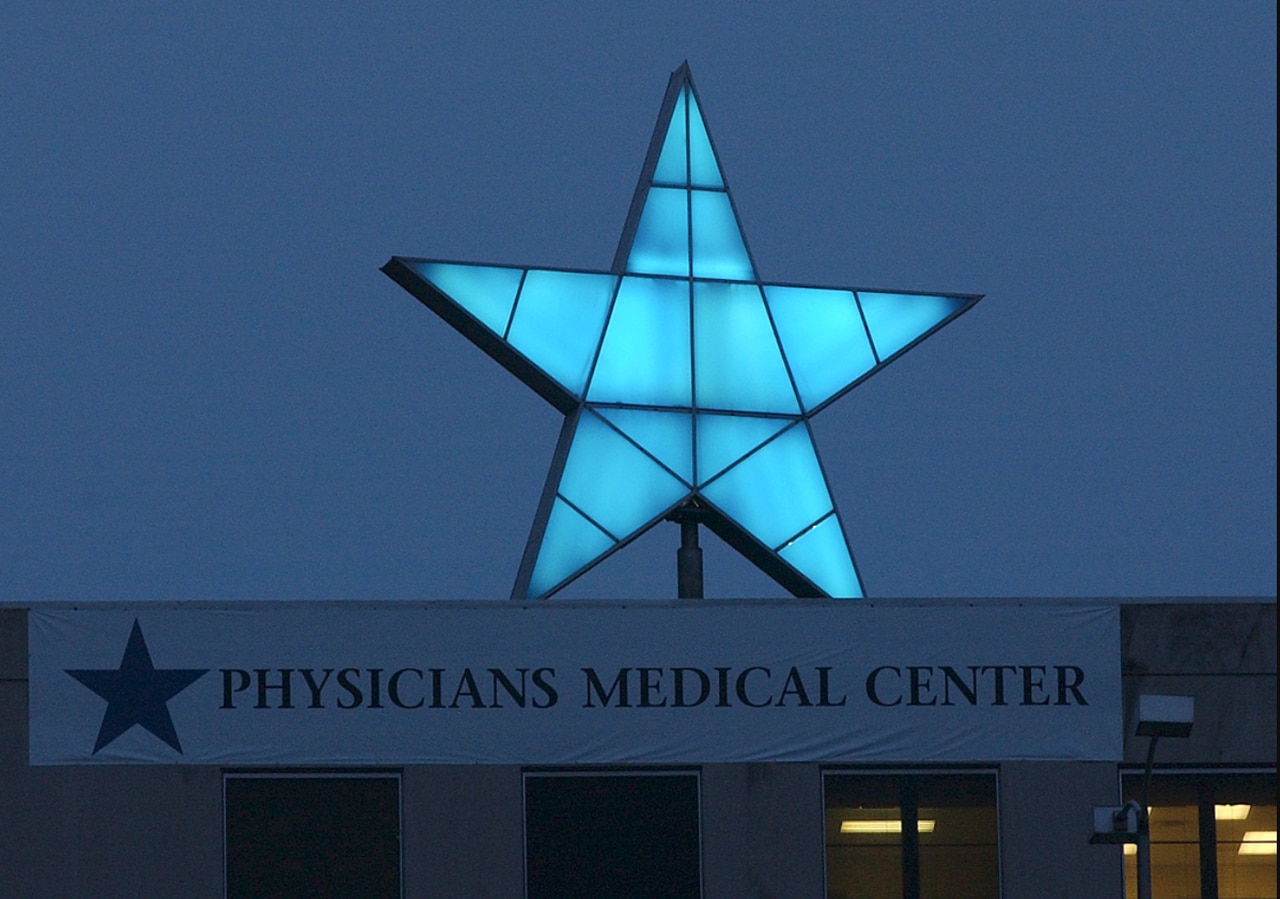$50 million amphitheater proposed for former Carraway campus in Birmingham
The next significant test of the historic regional economic cooperation that produced Protective Stadium, renovated Legacy Arena, lured the United State Football League, and is bailing out the World Games is a proposed $50 million 9,500-seat amphitheater.
The amphitheater would anchor The Star at Uptown, the $300-million mixed-use development on the site of the former Carraway Hospital campus in North Birmingham.
The amphitheater, which would be owned by the Birmingham Jefferson County Convention Complex, would join the office, retail, and residential space, along with two hotels, planned for the site by developer Corporate Realty. It has the support of Birmingham Mayor Randall Woodfin, Jefferson County Commission President Jimmie Stephens, and some city council members.
Related: Carraway demolition begins
At a working session of the Jefferson County Commission on Tuesday, Stephens said the project could be funded by $5 million contributions each from the county, the city of Birmingham, the BJCC, and Live Nation, the huge live entertainment company that would operate the facility under a management agreement—along with a $30 million bond.
“If the amphitheater were to come into existence, it will It will require an agreement by the BJCC, Live Nation, the city and county to make an upfront contribution,” Stephens said. “That is a requisite.”
The project, however, hinges on the ability of the BJCC and the Greater Birmingham Convention & Visitors Bureau to come to an agreement that the CVB would relinquish hotel tax payments provided to it by the BJCC under an earmark agreement conceived after state lawmakers passed legislation in 2003 allowing the BJCC to capture payment in lieu of tax (PILOT) from the Sheraton to fund capital investments that support entertainment tourism.
The earmark represents one percent of the taxes now received from the Sheraton and Westin hotels, or approximately $900,000 annually. That would partially fund the debt service, Stephens said, with the remaining amount covered by revenue generated by the amphitheater, based on estimates provided by Live Nation.
“What the BJCC is attempting to do is to reclaim those PILOTS from the Sheraton Hotel and the Westin hotel, just those two hotels that are on the BJCC campus, and utilize those funds to fund the shortfall in debt service payments for the amphitheater,” Stephens said.
Woodfin and Stephens, in a September letter obtained by AL.com, “urge” CVB President/CEO John Oros to “support a proposal to redirect a certain portion of lodging tax funds to help finance this important project.
“As city and county leaders,” they wrote, “we strongly support this project and are committed to investments that significantly enhance our tourism/entertainment economy. In addition to your support, we fully expect the city, county, BJCC, and private companies to make significant investments to make this project a reality for our area.”
“I want to see this city, county, BJCC and all government entities continue to work together—like they did to build Protective Stadium and renovate Legacy Arena—to move the region forward,” says City Councilor Hunter Williams. “This is another example of how to do that without any taxation, and it’s something the CVB has the opportunity to support, which furthers its mission of promoting economic development and tourism for the region.”
“This an opportunity for generational change,” Stephens said. “We can become an A-plus concert site rather than a C.”
County Commissioner LaShunda Scales challenged the proposed amphitheater, citing concerns over traffic flow and the rise in violent homicides in the city. “It seems like other folks have a different set of priorities,” she said.
In the letter, Woodfin and Stephens inferred the amphitheater would challenge Huntsville’s new, $40-million, 8,000-seat Orion Amphitheater, which opened in May 2022, for major artists: “It increases buying power for top-tier acts and premium routing for the greater Birmingham market,” they wrote, “generating additional entertainment-oriented tourism and enhancing our ability to compete regionally.”
The CVB met Monday but did not vote on the BJCC’s proposal.
Stephens said the state would provide the CVB with a $3 million “bridge” upfront to “help alleviate some of the initial shortfall that they would indeed have.”
Oros has not yet responded to a request for comment.
Stephens said none of the municipal or private entities is committed to any financial support if the CVB and BJCC do not come to an agreement.
“If CVB votes this down you can put [the amphitheater] in the trash can,” the commission president said.
This story will be updated.
